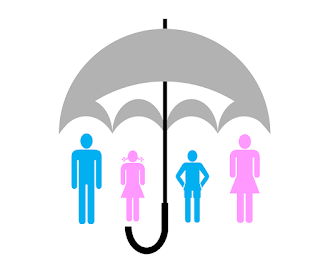The risk of cancer has become real and is beginning to threaten most of the population in India. According to the Indian Council of Medical Research (ICMR), this life-threatening disease is expected to affect more than 17 lakh people and resulting in over 8.8 lakhs in the country by the end of 2020. Some other reports specify how cancer is set to engulf even the youngest of the population and will be a major health concern by the end of 2035.
What is even more burdening is the cost of treatment for cancer. If not diagnosed and treated properly, cancer can cause death most certainly. In such a case, buying a term insurance plan or a health insurance is not enough, it is always wiser to invest in stand-alone cancer insurance to financially protect you and your loved ones from the dreadful disease.
Importance and need of a cancer cover
Cancer is a deadly and financially burdening disease. Moreover, with the recent advancements in the treatment of cancer, newer technologies have become more out-of-reach for the common man. Hence, a specialized cover like cancer insurance provides your financial support in dire times.








